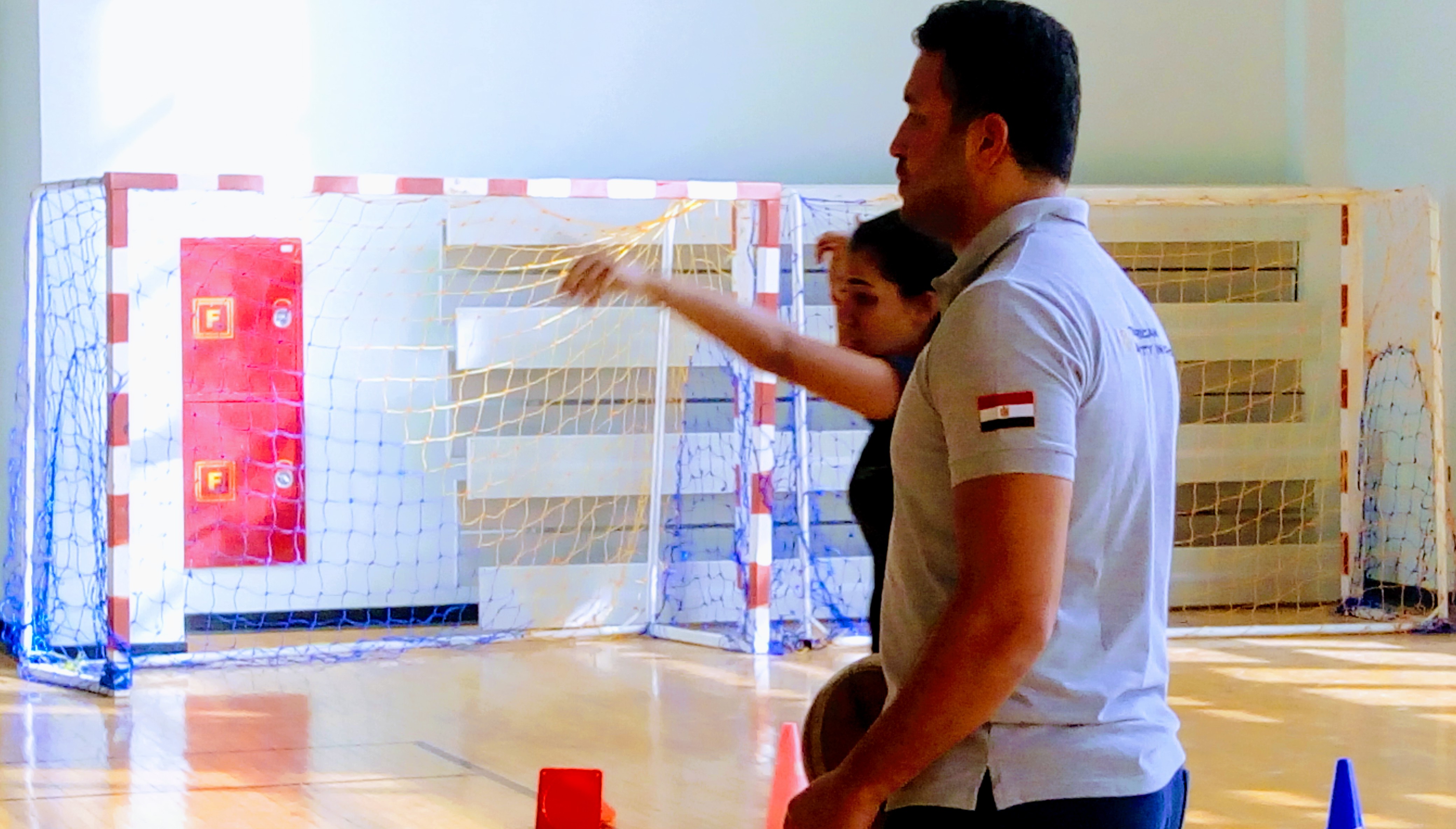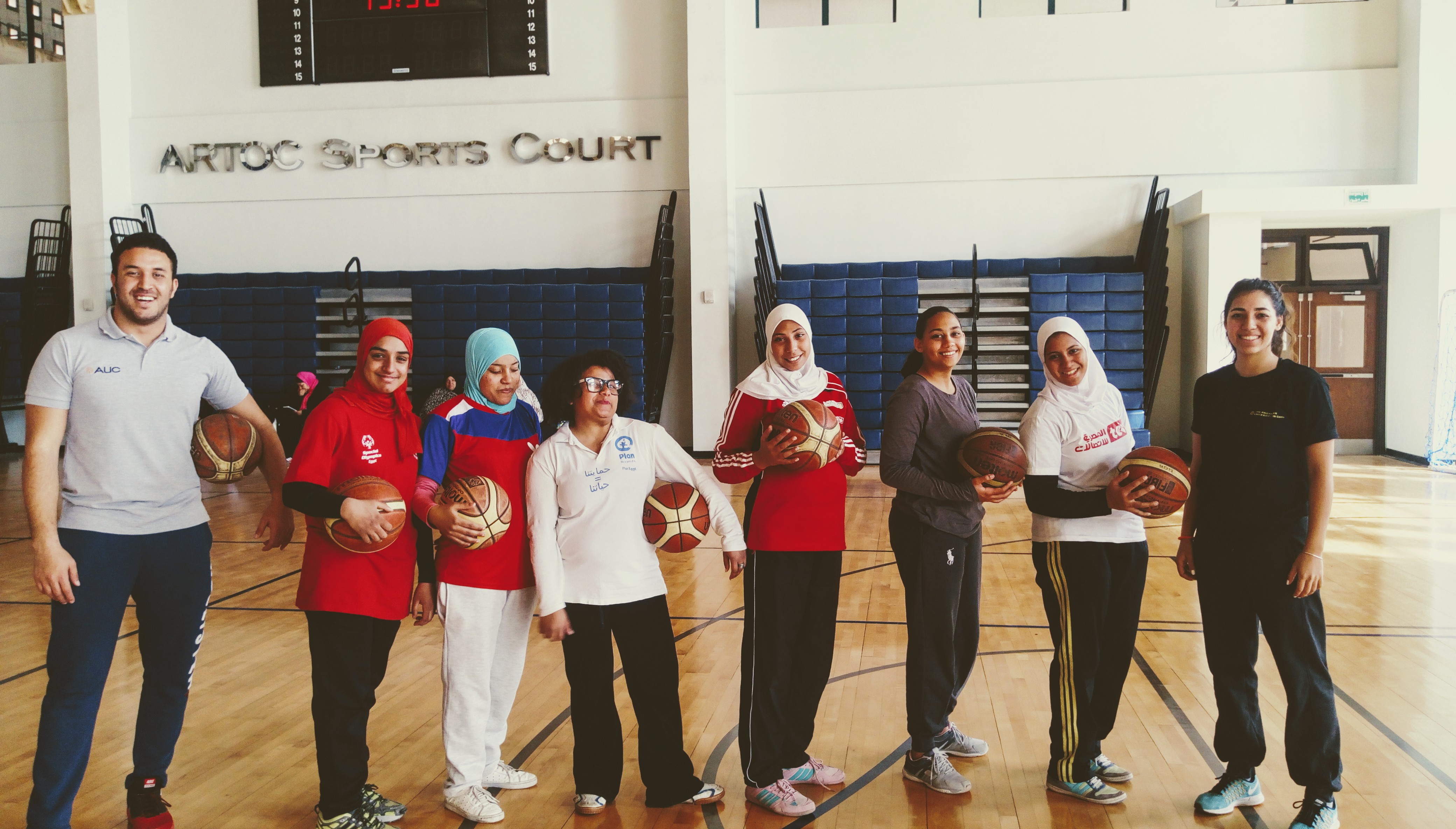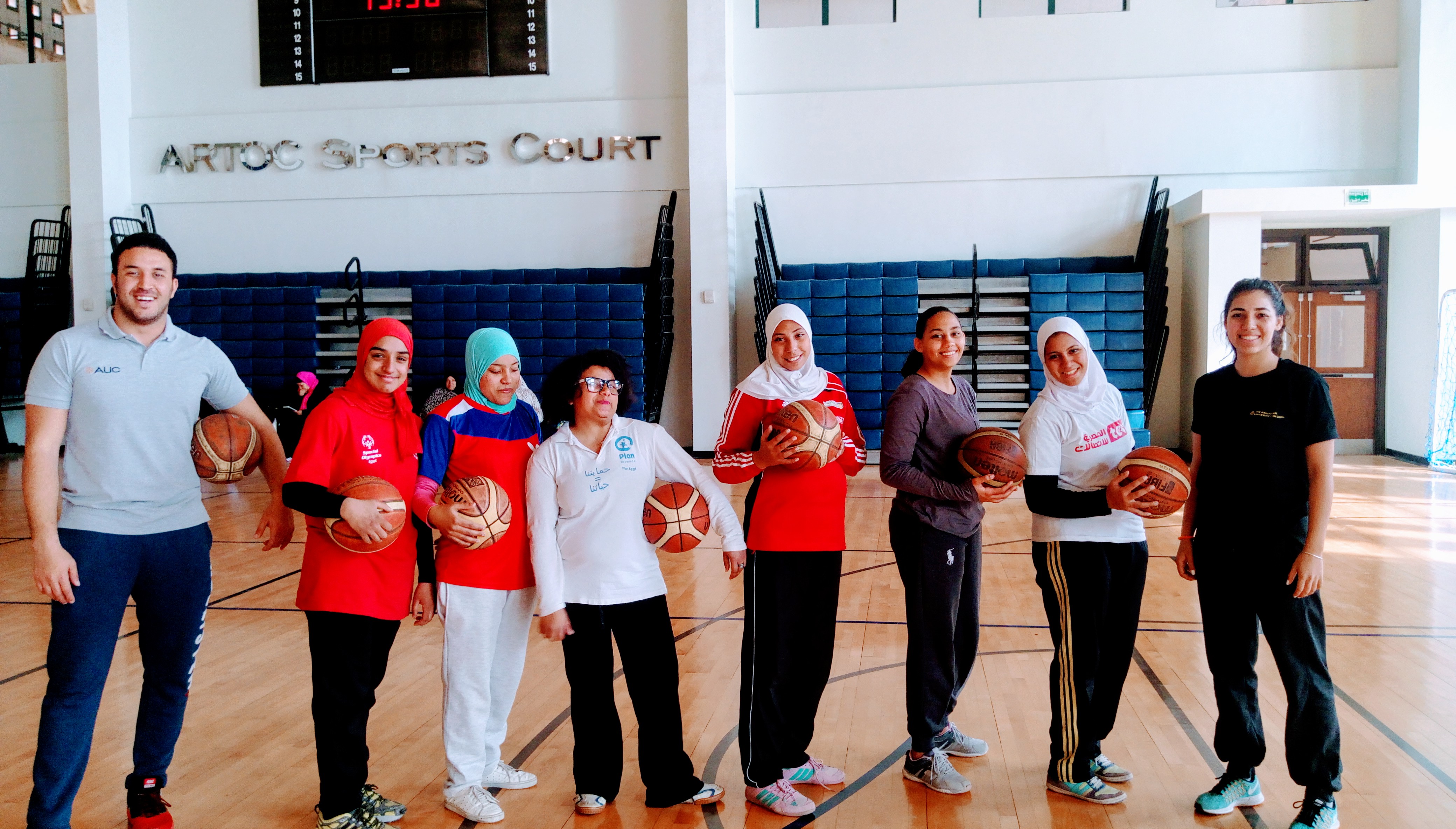The world of disability communities, is one of intrigue and fascination. Much of it being the desire for many to overcome, and triumph, over any obstacles, which may come along their way. It’s their humanity, and seeing themselves as humans, which is beautiful. The mentality of so many is to continue to soar, and keep thriving, even in the midst of certain challenges. To a greater extent, while physical, disabilities also take on a mental component. The environment, and social context, can greatly influence how persons with disabilities see themselves. Are they being adequately supported? Are they treated as “disabled” or are aligned with a loving system, which values their contributions, and nourishes their potential? Seeing them as able to compete, and engage in the daily functions of society, as the normal people.
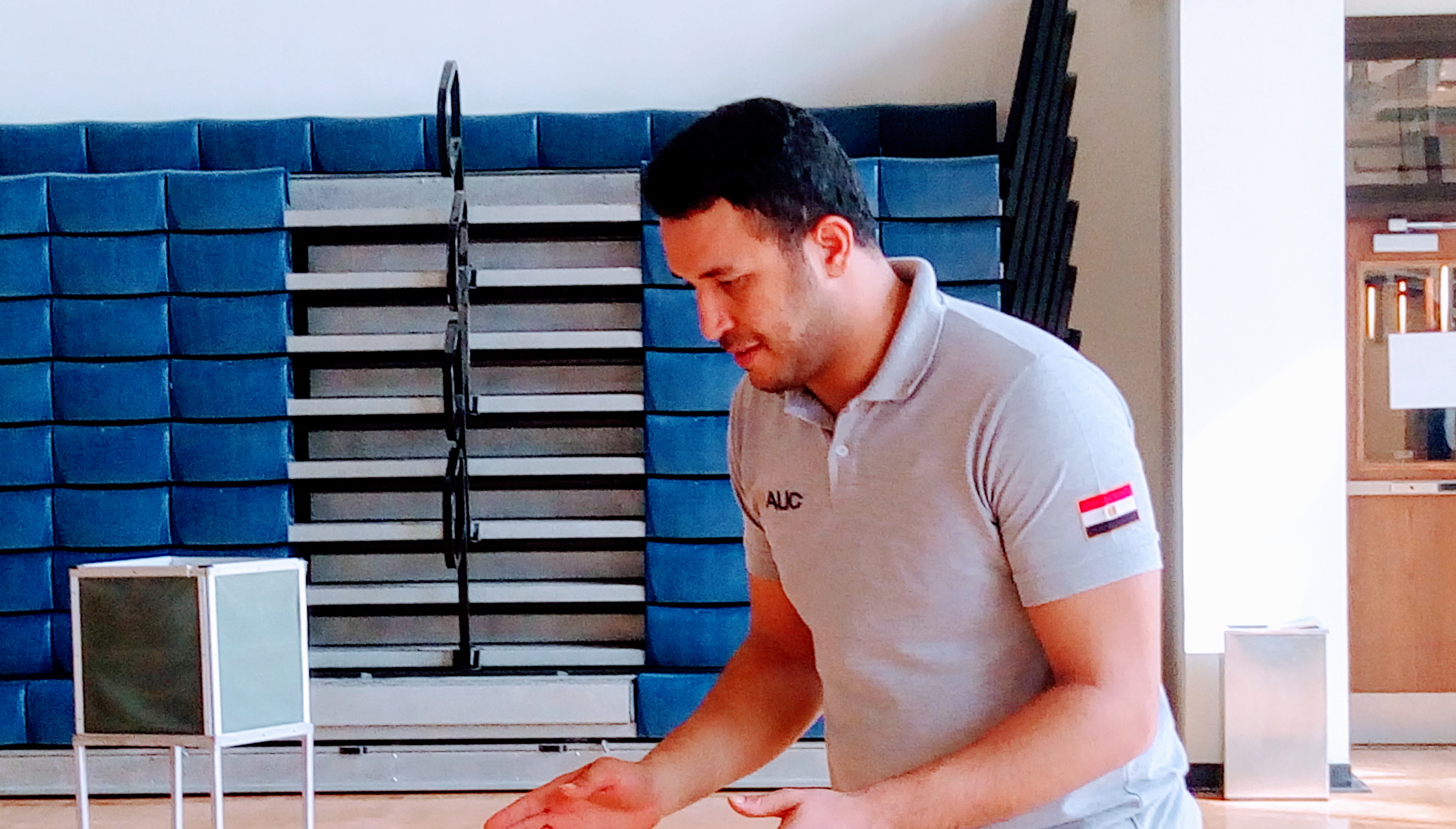
When it comes to the world of sports, there is ample opportunity for disabled youth to find comfort in discovering their capabilities. Being part of the sports world is comprised of different lessons. First and foremost, it demands that you build confidence. If you don’t have it, sooner or later, you are forced to get there. Second, it requires support. And, what is more of a better place, than finding that support with teammates? For the sports sector, the world for disabled youth becomes a wonderous playground. It is an arena to defy the odds. Proclaiming to the world, that one is here, and here. . .to stay!
In Cairo, Egypt, there is one particular entity, that is making this very clear. At the American University In Cairo, the Department Of Athletics has made beautiful strides in centering issues of disability in Cairo. In 2018, members of the AUC Basketball team took part in coaching the Egyptian Special Olympics Basketball Team, for the regional games in Abu Dhabi in March of 2018. In fact, the AUC, Department Of Athletics first participated in the championships for the Special Olympics in 2014, as the host for the games.
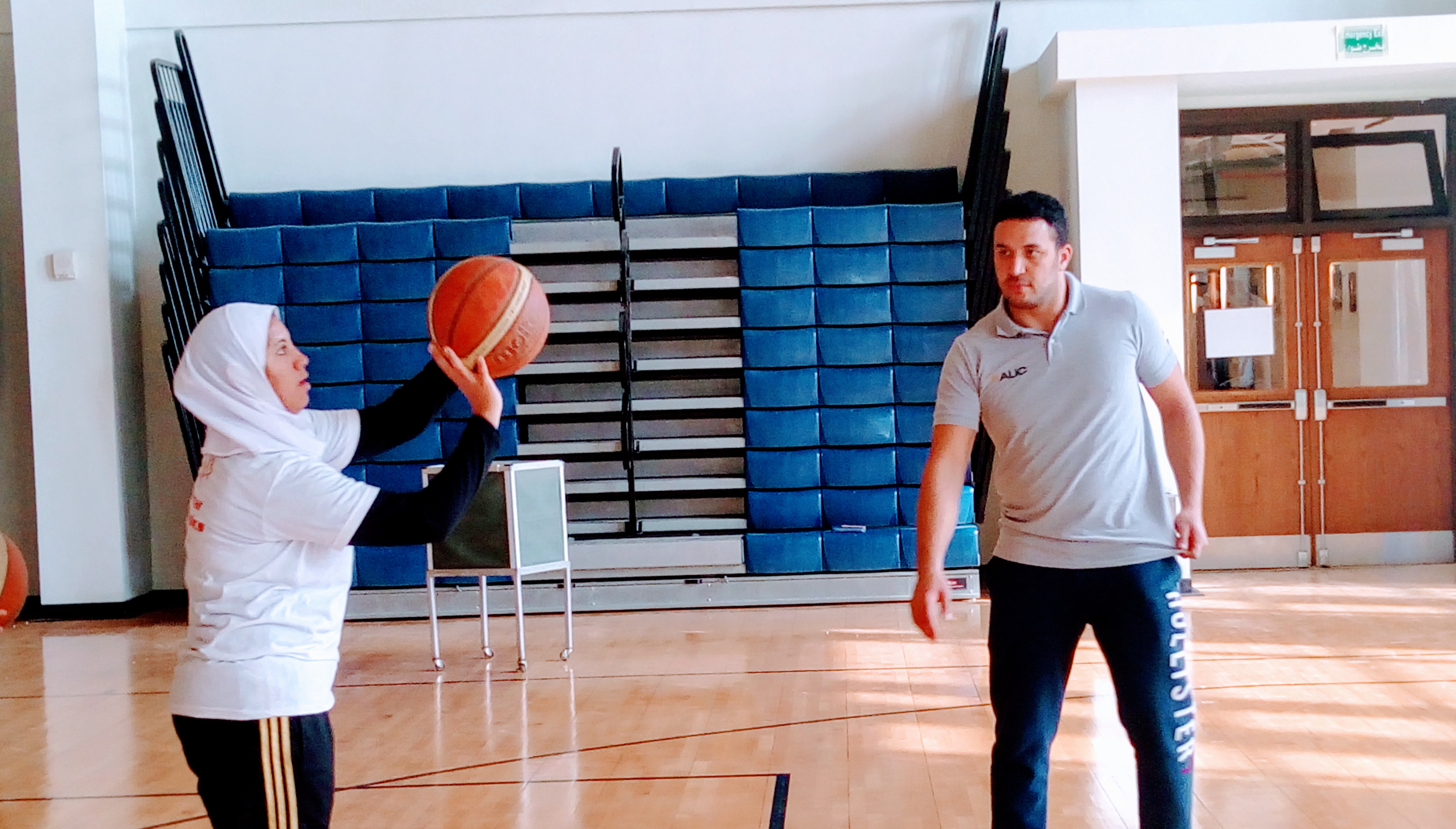
Further engagement of the AUC community, with the Special Olympics resulted in Amira Farag’s (Recreational and Fitness Manager at AUC’s Department Of Athletics) nomination as the supervisor for the women’s basketball team, at the 2015 World Games in Los Angeles, California. “As a part of our plan to keep our students involved in such events, I nominated 3 AUC basketball players to be the team’s partners. The students were Laila Taher, Sara Masaud, and Menna Atef (graduated in 2016 and 2017).“
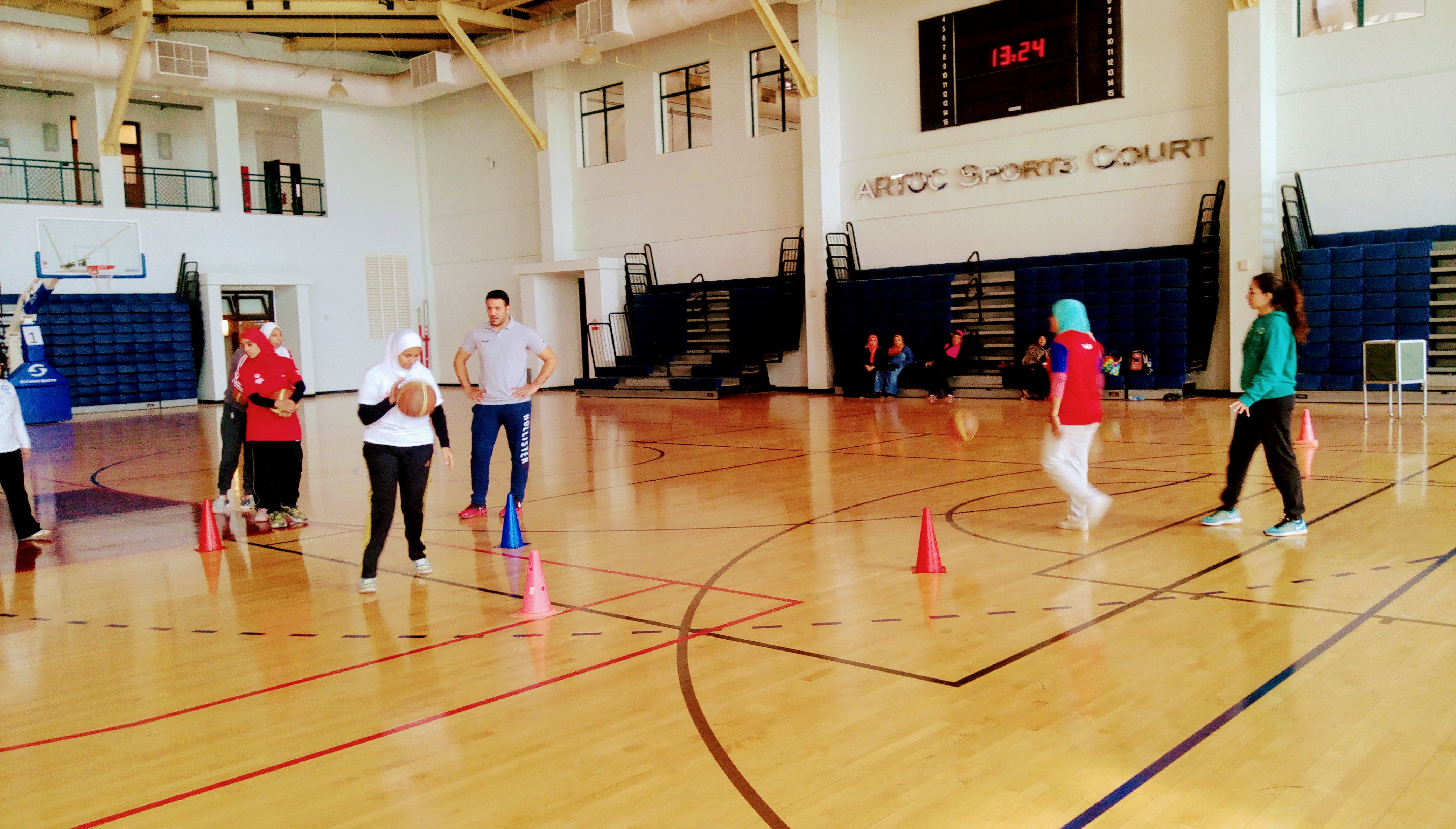
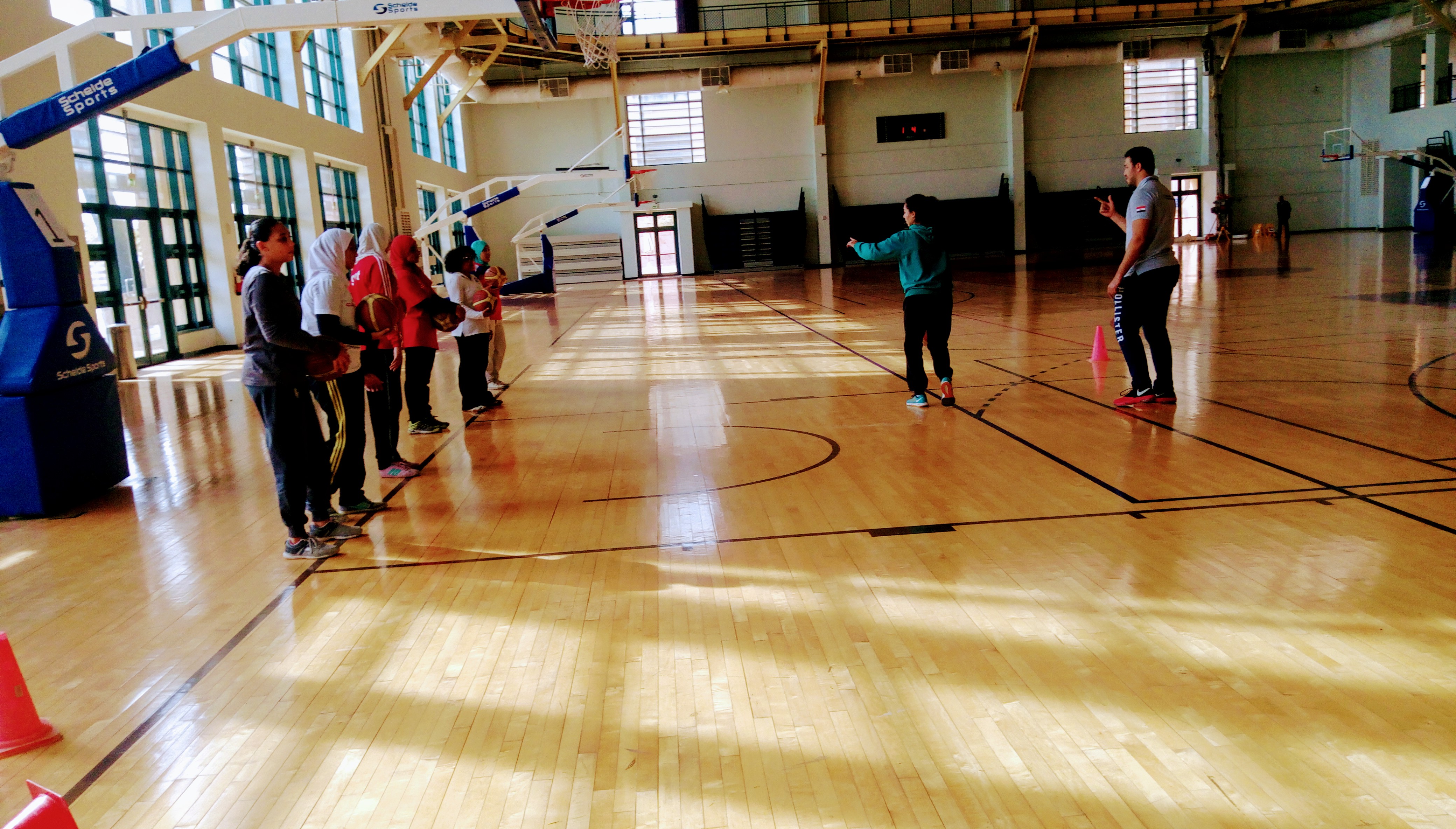
It is without no question that the American University In Cairo’s, Department Of Athletics, has actively participated and supported initiatives of the disabilities community in Egypt. Yet, accomplishments and activities didn’t end there. In 2017, Amira Farag and aquatics manager, Samira El Adawy, served as ambassadors for the Special Olympics, Global Youth Leadership Summit in Austria. And, in March 2018, Ahmed again received the nomination to travel with the AUC Basketball Team, for their regional tournament. Members of the team, (Nada Gaser and Saif About Ali) were nominated to coach the Special Olympics team for their community service, and required activities with AUC’s Department Of Athletics.
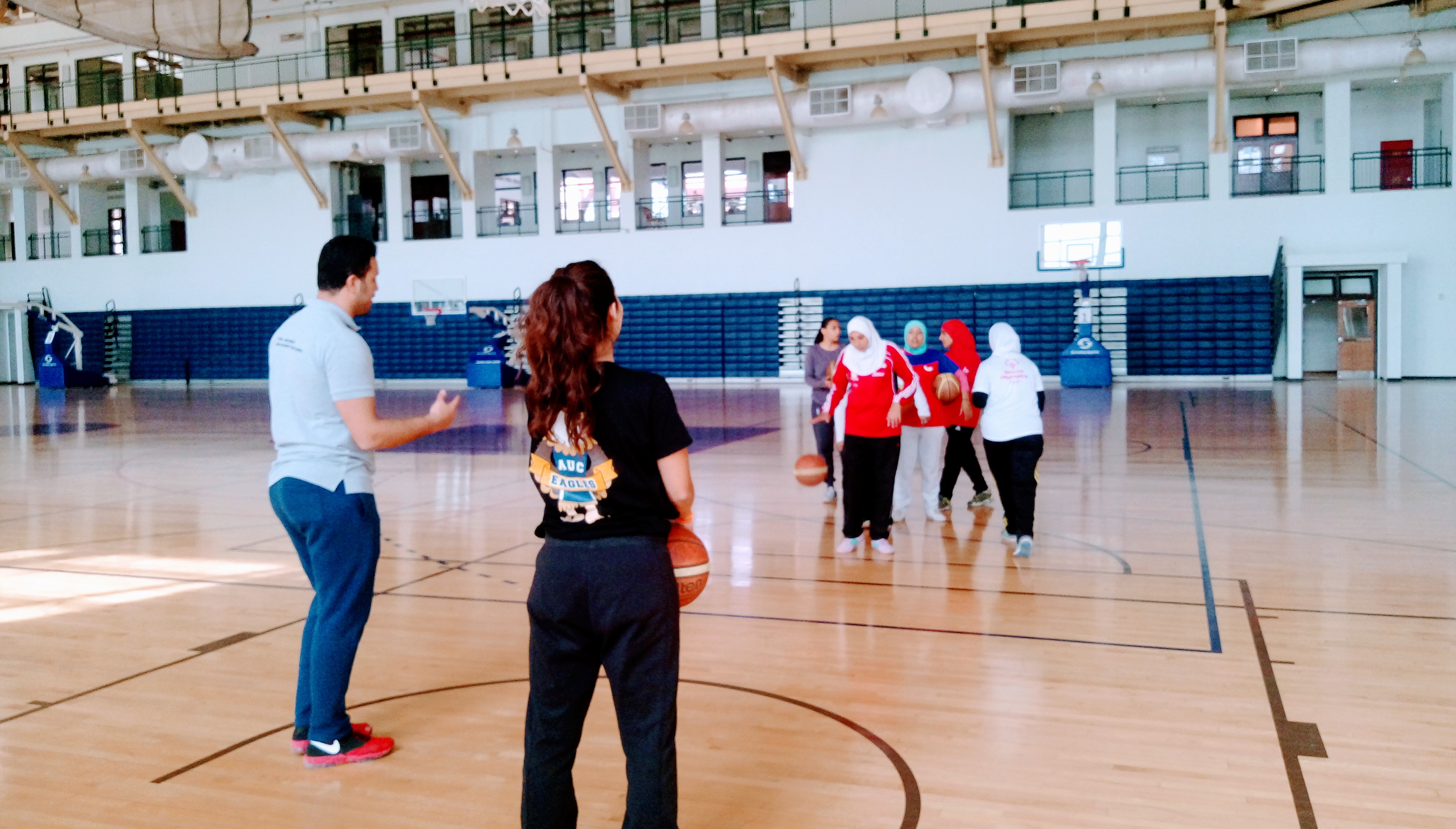
When we examine this nutritious work, and activism, taking place, by the Department Of Athletics, (through Amira Farag, and others like her), what we are observing is a willingness of able-bodied individuals to connect with another world of humanity. Acknowledging their humanity, and finding ways of supporting it. A very important conversation, which needs to happen is the pitying and demeaning of members of this special community. What members of the able-bodied world fail to understand, is that “feeling sorry” for individuals of this community is insulting. It stimulates this energy, and aura, that special children and youth are “helpless.” Rendering them as incapable of actively participating in society. It makes invisible any talent, knowledge, or capabilities that they do have. These behaviors, and attitudes, can greatly impact the self-esteem of children, youth, and adults with disabilities.
The beauty of such activism, and support, of the disability community by AUC’s Department Of Athletics, is that it acknowledges the capabilities of those youth, children, or adults, who deal with physical challenges. It recognizes the contributions of such special communities to the world. And, it incites a particular question. What can “normal people” learn from them? How do they bring healing, care, and clarity to our lives? The decision for Farag, and members of her team, to coach Egypt’s Special Olympic’s team leads one to inquire, what they also learned from this special community? While giving to empower this community, what did they receive from them, in return? An important moment of reflection for us all to ponder upon.
The special community in Egypt, and the world over, are a powerhouse when it comes to mental health and wellness. With their challenges, they still continue to live their lives; while serving as active participants to society. They do not feel sorry for themselves. So, what gives us the right to hinder their existing capabilities because they do not align with the patterns of normalcy?
Perhaps, just perhaps, its time to see the special community, as a haven of knowledge; as opposed to. . .sorrow. If we are going to go any deeper, maybe the real reason many able-bodied individuals are hasty in their pity of disabled communities is out of need to feel better about their own shortcomings and circumstances. Needing a mental rush in feeling that one is not on the bottom confines of society. Feeling sorry for someone, in order to avoid shame of one’s current misfortunes in life. Its a psychological twist. And, it shows just how many members of the able-bodied world are in denial about their own wellness conditions, and self worth.
There is so much more to capture, when it comes to the world of disabled communities. Future events and participation of the American University In Cairo’s, Department Of Athletics with special needs communities in Egypt, will tell us how far they have come from where they first started in this nation. With more events, and creativity, we are sure to observe just how talented and auspicious this community is. Even going to the extent of challenging the term “disabled.” Replacing it with one, which highlights the beauties and unique nature of their being.
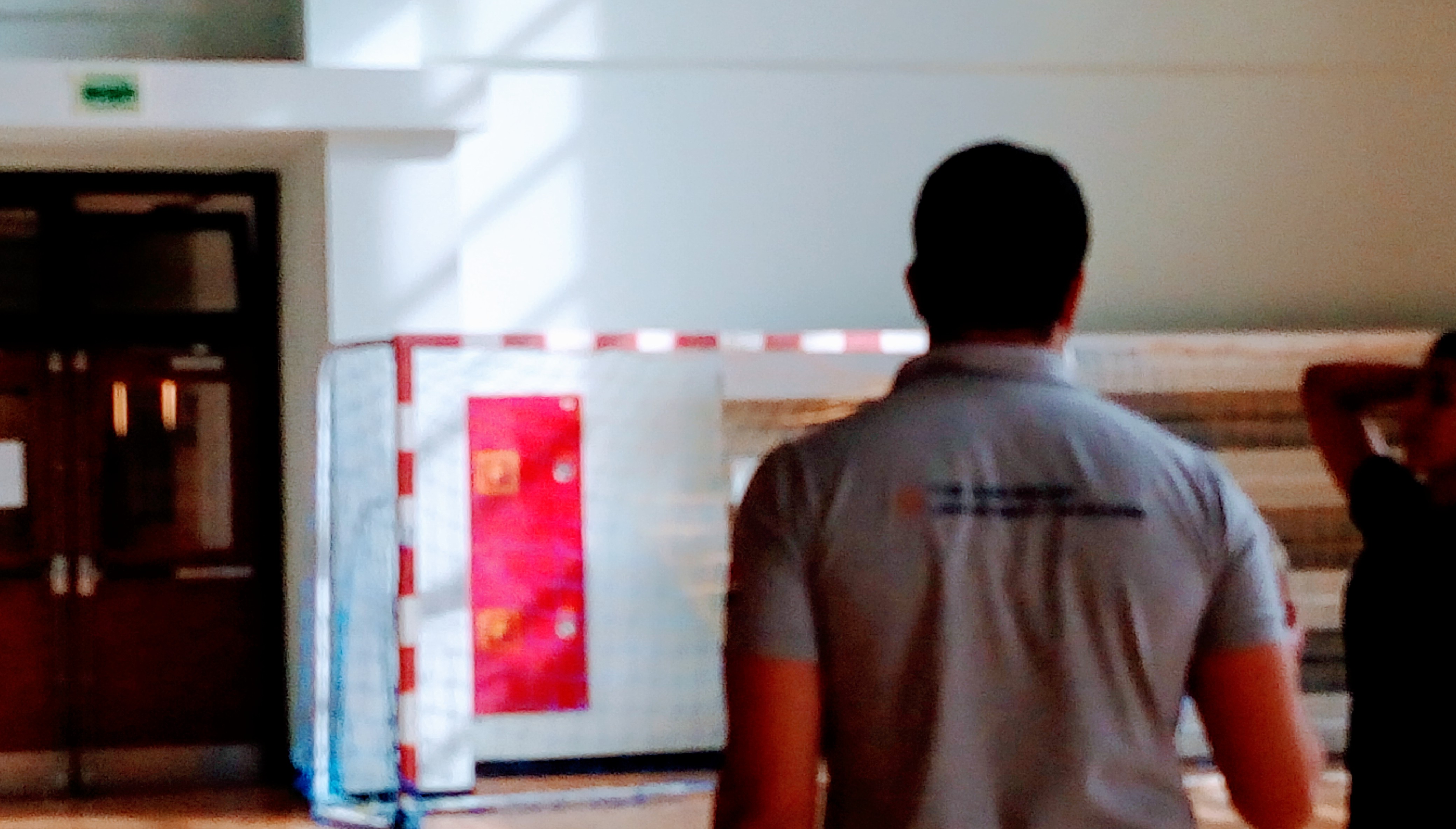
Time will tell, and it will teach. Hoping that others will join in conversation, and participation, in celebrating one communal demographic; and their special ways to simply. . .Be!
